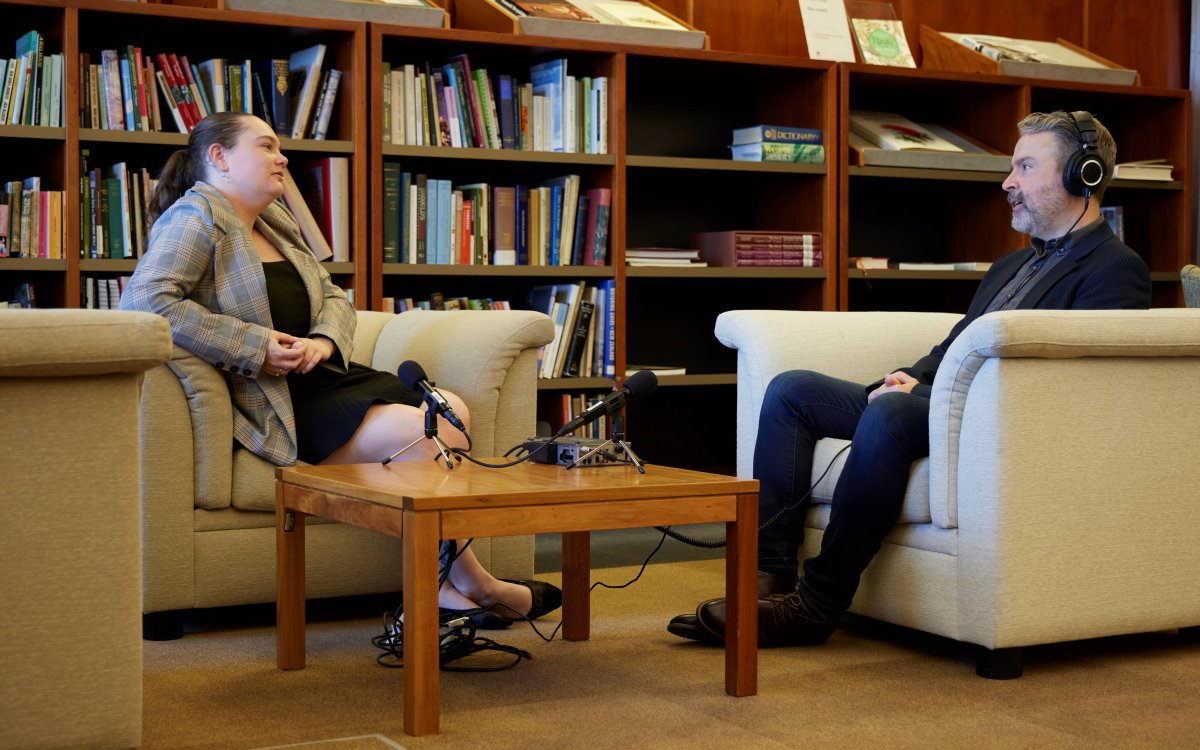Due to scheduled maintenance, the National Library’s online services will be unavailable between 8pm on Saturday 7 December and 11am on Sunday 8 December (AEDT). Find out more.

New oral history project underway
The National Library is recording interviews with a diverse range of Australians to ensure that stories of the COVID-19 pandemic are captured for present and future generations.
The National Library will record up to 300 interviews, exploring how Australians have responded to and continue to respond to this extraordinary health crisis.
The COVID-19 virus was first identified in December 2019 with the first Australian case recorded 20 January 2020. By the end of October 2023, Australia had officially recorded 23,289 deaths and 11,623,332 cases of the virus, with unreported figures thought to be higher still.
The pandemic’s effects in Australia and across the globe continue to be profound. Lockdown restrictions, social constraints, financial disruptions, and resource shortages have changed the way Australians engage with one another and their environments.
Senior Advisor, Curatorial and Collection Research at the National Library, Scott McKinnon, said ‘This will be one of the Library’s largest oral history projects to date, ensuring we capture the diversity of Australian responses to the pandemic.’
The National Library will record interviews with people in each state and territory, across urban, regional, rural and remote areas. They will speak to people of diverse cultural backgrounds, ages, genders and abilities. The project will also capture diverse perspectives on public health issues and policies, and will create a record of policy decisions, debates and medical advances that shaped Australian COVID-19 experiences.
The COVID-19 oral history project will become part of the National Library’s oral history collection, so that future generations will be able to understand the impact and significance of the COVID-19 pandemic as a major global event.
Learn more about the COVID-19 oral history project online.
Available for media interviews
Scott McKinnon, Senior Advisor, Curatorial and Collection Research, Collection Branch, National Library of Australia
Additional Information
Images for media use are available for download via Dropbox.
Contact
Cheney Brew, Media Liaison, National Library of Australia
M: 0401 226 697 E: media@nla.gov.au